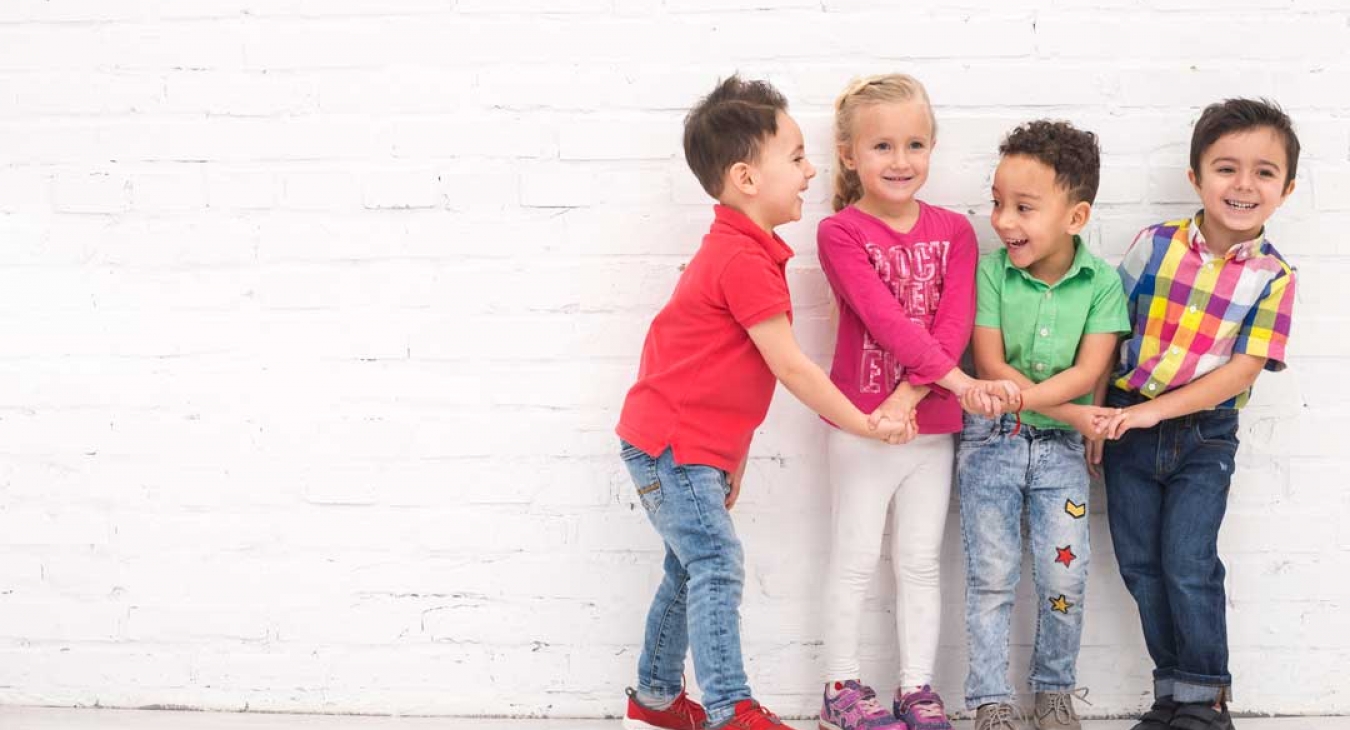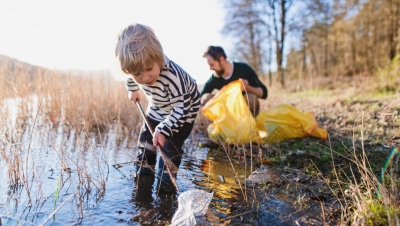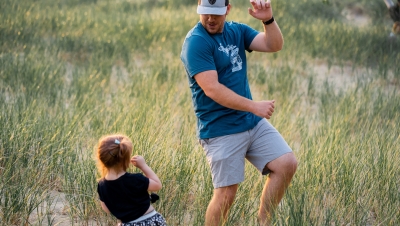Choosing Friends Wisely: Complete Guide for Parents
Children start exploring what friendship is at ages four and five.
They often build experiences with cousins, kids from the neighborhood, acquaintances, and classmates. At this age, kids practice side-by-side play by way of exploration and games that please them, separate from what other children are doing. Over time, kids learn to work with others as one cohesive unit. Here, children develop empathy and learn how to compromise.
By age six, they'll come home from school, regaling you with tales of their new friends or who did what and why. While we can't tell our kids who they can be friends with, it's our job as parents to make sure they know how to choose the good ones while avoiding the bad.
Why Parents Need to Play an Active Role in Their Child's Friendships.
A child's view on friendship comes in large part from what he sees from his parents. Your relationship with your BFFs shows your kid what a friend looks like. It also teaches her how to communicate, share, and encourage. Your friends have undoubtedly played a significant role in who you are today, and for a good reason.
Studies have shown that friends have a significant influence on people's lives. For instance, friendships can impact the fashion and entertainment choices you make, like what to wear or what movies to watch. Friends can also affect academic success, happiness, and health. Since BFFs play a vital role in life, parents need to guide their children on how to find and be a good friend.
Encouraging Active Conversations with Your Child.
When it comes to talking about friends and the influence they have in life, you need to start the conversation with your child as early as possible. Talk to them about winning attributes to look for in a friend, such as loyalty and honesty. Tell them about the destructive qualities they need to stay away from. Not all instances can or will be appropriate for a teaching session, but you have to be aware of it when the time is right.
Movies and books about friendship are excellent resources that can help you start the conversation. Highlight certain qualities you want your child to explore, encourage questions, and listen to what your little one is trying to say. Showing your child what to look out for and how to be a good friend to others is crucial during the early stages. Give suggestions on how friends act towards one another and encourage them to include everyone during group play. Teach your child about bad behavior, peer pressure, and how to deal with them.
Continuing the Conversation as Your Child Grows Older.
One of the challenges parents face when teaching their children how to choose their friends is time. Kids grow up fast, and before you know it, they won't be as willing to talk to you as much anymore. Your conversations need to evolve as your child matures and grows more independent. The key here is timing: when do you step in without trampling on your child's freedom?
Talking to a teen about choosing friends who'll be a good influence is more complicated than talking to an eight-year-old. How to handle their choices as a parent is even harder. You need to explain to them the dangers of social media, and that not all friends they meet online are good people. Advanced background check can weed out predators if you feel that your child is in danger, but make sure you explain to your child why you’re doing it.
Always remember that your kids will make mistakes and bad choices that won't sit well with you. The best thing to do is to guide your children while setting limits and holding them accountable. It would help if you projected your worldview of what's right and wrong that hopefully rubs off.





